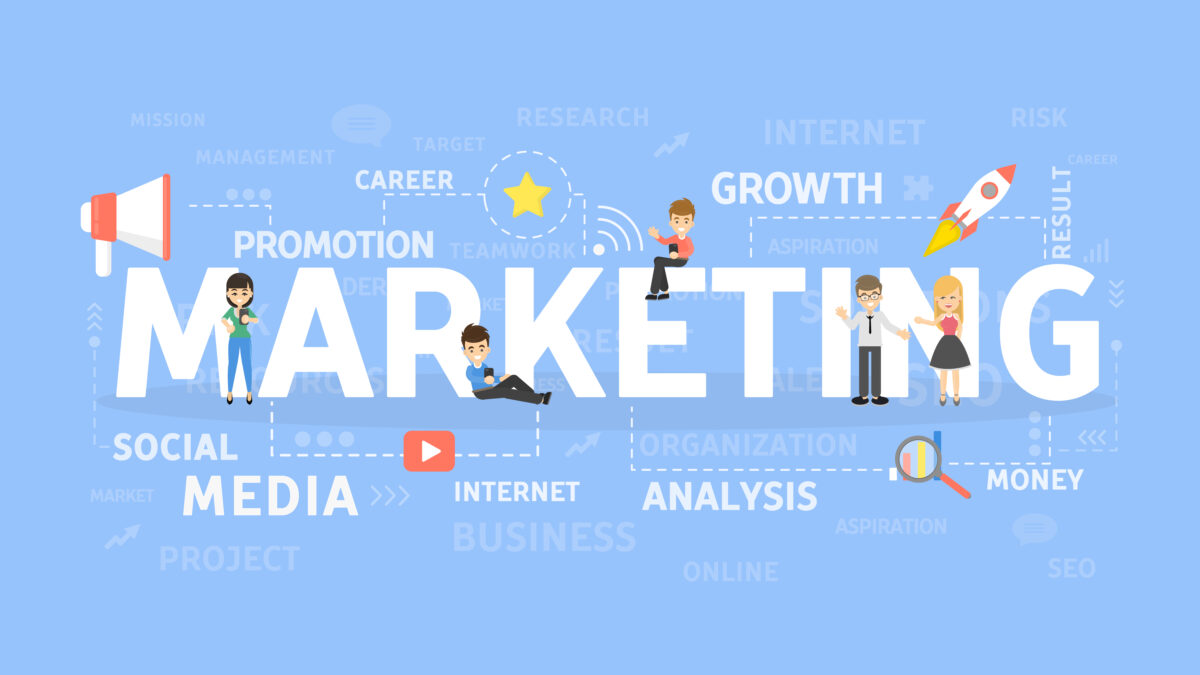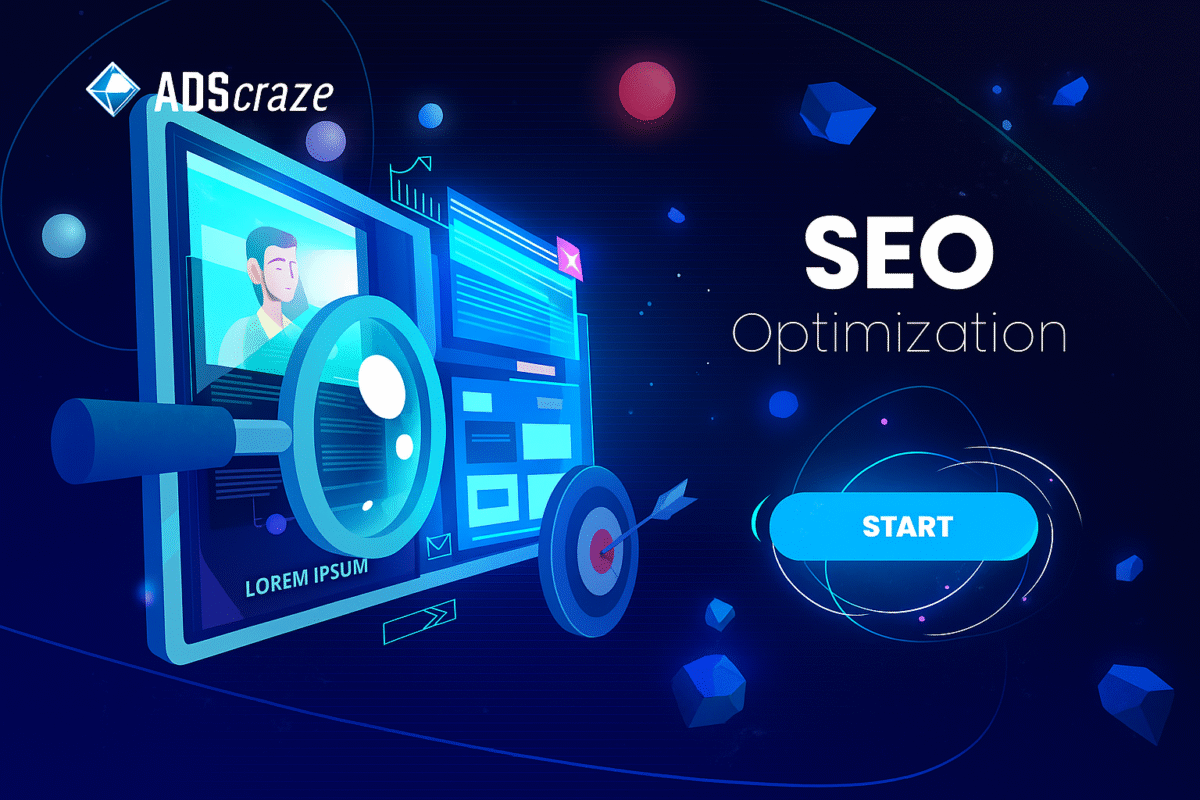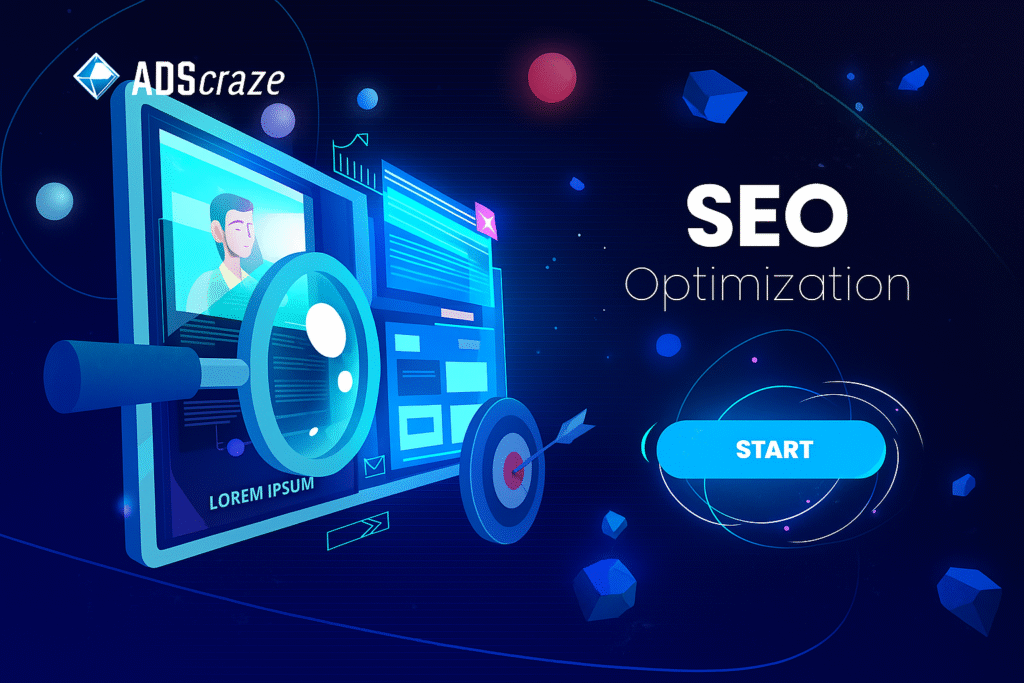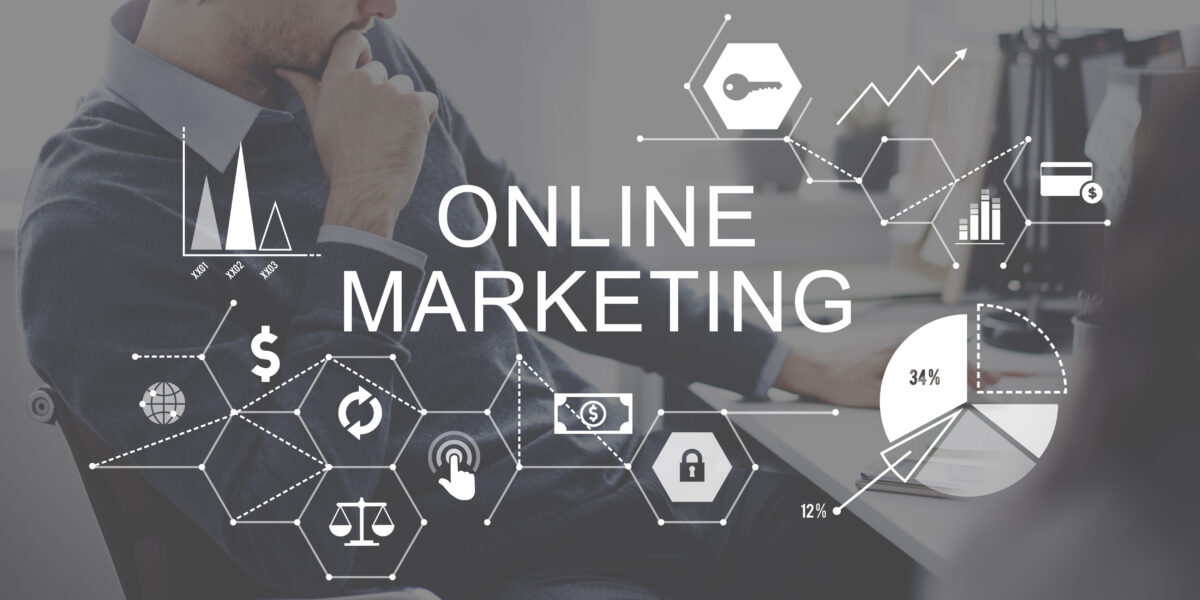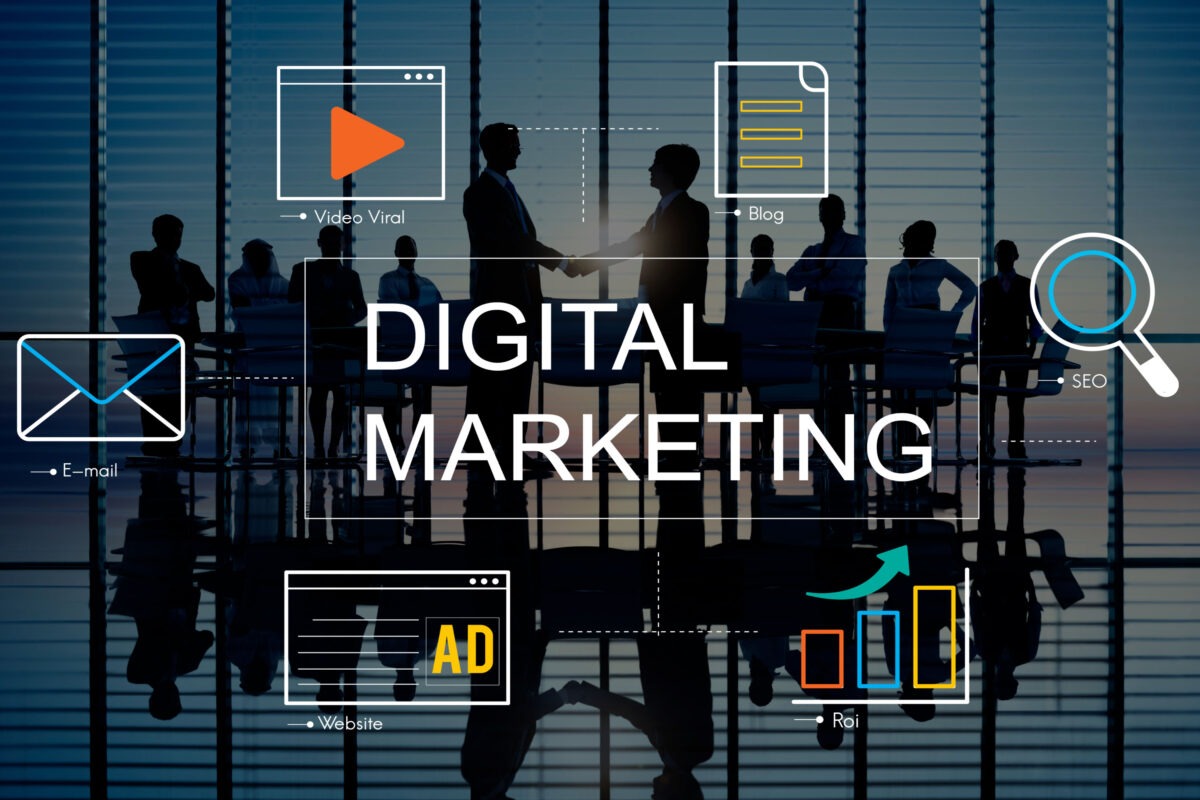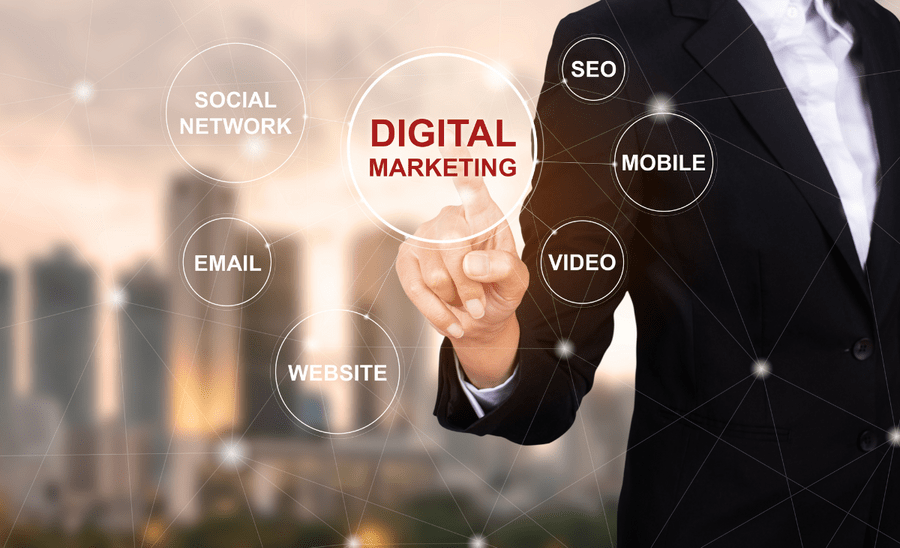Digital marketing is a very powerful sector. Keeping abreast with all the latest trends is important for manufacturing organizations. Digital marketing for manufacturing firms in 2025 will focus on new tactics and technologies that have the potential to increase consumer engagement, lead creation, and brand visibility. These are known as the top ten trends influencing manufacturing digital marketing. Working with the top digital marketing firm in Chennai allows one to appropriately apply the trend, keeping businesses competitive as the competition intensifies in this fast-paced, increasingly digital world.
Discover the Top 10 Digital Marketing Trends Shaping Manufacturing in 2025
1. AI-Powered Marketing
AI-powered marketing is transforming digital marketing for manufacturing organizations by providing better and more efficient ways to contact customers. AI solutions can evaluate enormous amounts of data, forecast customer behavior, and optimize advertising in real time. Manufacturers may utilize AI to enhance client personalization, streamline lead generation, and increase product recommendations.
As a result, the companies can collaborate with a digital marketing agency to implement AI-driven strategies that give manufacturers a competitive advantage. AI helps to boost SEO ranks, making it worthwhile for manufacturers to invest in this technology. Having the top advertising agency in Chennai ensures leadership through AI-powered solutions that create measurable results.
2. Voice Search Optimization
Voice search is still on the rise, which is why voice search optimization has become an essential component of manufacturing companies’ digital marketing strategies. As the popularity of Alexa and Google Assistant grows, manufacturers must adapt their SEO strategies to accommodate natural language search.
Targeting long-tail keywords and conversational phrases will help businesses rank higher in voice search. This necessitates working with the top digital marketing agency in Chennai that is skilled in the art of voice search. Optimizing for voice search can help the manufacturing industry reach a bigger audience and remain relevant in an increasingly voice-driven environment.
3. Augmented Reality (AR) for Product Visualization
Augmented reality is one of the manufacturing industry’s digital marketing breakthroughs, providing customers with an interactive product experience. AR allows manufacturers to present virtual products so that customers may see them in real life. This would provide a new dynamism in engagement and guide customers on how to make the right selection.
By introducing AR into their marketing operations, digital marketing agency manufacturing enterprises will deliver an immersive experience that will attract and retain customers. Integration between a manufacturing organization and AR technology can assist create greater gains for the production demo and conversion in any company. Manufacturers are looking at this medium for a variety of purposes, particularly to improve their internet presence.
4. Video Marketing for B2B Engagement
Video marketing is a fantastic technique for B2B engagement, particularly in the manufacturing industry. People connect with video quality because it can explain how to use more sophisticated things and even provide case studies. That is how digital marketing for manufacturers may help your company create trust and communicate its principles.
Partner with a digital marketing agency for manufacturers that will assist you in explaining and promoting their product features to their target audience through successful videos. Videos can be utilized for social media, websites, or email campaigns to help them engage with their target audience and build long-term relationships.
5. Local SEO for Targeting Regional Clients
For manufacturing enterprises, targeting regional clientele through local SEO becomes an important duty. Optimizing for local searches allows businesses to appear in geographically focused results, increasing their chances of visibility among nearby prospects. Targeting local keywords and monitoring online listings can help manufacturers get recognized by potential clients in their area.
Manufacturing SEO services may assist in creating a local SEO strategy that includes location-specific content, reviews, and Google My Business optimization. Businesses that work with regional suppliers or clients require local SEO. Paid advertising can be used to increase local search exposure by a Google Ads company in Chennai.
6. Social Media as a B2B Hub
Social media was never a strong suit for consumer brands, but it has suddenly emerged as an effective avenue for B2B marketing. Like LinkedIn, Facebook, and Twitter, digital marketing for manufacturing companies allows for direct engagement with decision-makers. This promotes credibility and allows for the development of ties with other firms as part of their offerings, such as sharing industry insights, product updates, and thought leadership.
A social media marketing firm in Chennai can also assist with the development of focused campaigns, raising brand recognition, and driving engagement. Social media also assists manufacturers in communicating globally and so cannot be overlooked in digital marketing for manufacturers.
7. Data-Driven Decision-Making
In the digital world, data reigns supreme. As more digital marketing agencies for manufacturing use data-driven decision-making, these data will be the most useful for optimizing campaigns. They are able to make intelligent recommendations for manufacturers depending on how customers behave, visit the website, and even make transactions.
Manufacturers can employ analytic tools to adjust tactics in real time, ensuring that marketing aligns with company objectives at all times. Data can also help identify customer patterns and preferences, allowing marketing campaigns to be more targeted and effective. Manufacturing may now use data to get a competitive advantage with the help of a digital marketing agency.
8. Personalization in Email Marketing
Personalization in email marketing is on the rise and has become increasingly popular, particularly for manufacturers looking to nurture leads. Manufacturers will benefit from increased involvement with their business if they provide messages tailored to their customers’ preferences and previous communications about purchasing behaviors.
A digital marketing agency for manufacturers would assist them in developing email campaigns that segmented the target so that material was provided to resonate differently. Personalized emails enhance the consumer experience and foster relationships, driving business several times. Advanced email automation solutions could improve the process by ensuring that all correspondence is timely and relevant.
9. Sustainability Focused Marketing
Consumer and corporate trends are shifting toward sustainability, as should digital marketing in the manufacturing industry. Sustainable methods and eco-friendly items can help businesses attract environmentally concerned clients who are looking to make green purchases. Marking the sustainability approach while advertising businesses not only improves brand image but also attracts the next generation of company leaders who value clean and honest practices.
Manufacturers can work with the top digital marketing agency in Chennai to create sustainability-communication campaigns that differentiate themselves from competitors by presenting a clear picture of a clean environment.
10. E-Commerce Integration in Manufacturing
The field of electronic commerce is gaining traction as digital marketing for manufacturing organizations becomes more common and simple for any company to handle sales. Many manufacturers are embracing the e-commerce platform to directly connect customers and businesses, making purchases more convenient. As a result, a company can boost sales without relying on wholesalers.
Manufacturing companies in Chennai might seek assistance from an electronic marketing agency in developing effective e-commerce strategies, which may include online payment choices, product listings, and focused marketing. The ease with production, when combined with the aforementioned elements, allows for the emergence of new revenue sources.
Conclusion
The future of digital marketing for manufacturing organizations is filled with immense potential driven by technology and innovation. By embracing new-age marketing techniques, manufacturers can strengthen their online presence, reach wider audiences, and boost overall sales performance. Partnering with a specialized digital marketing agency for manufacturing companies in Chennai, such as ADScraze, enables brands to implement strategic solutions across Google Ads, social media, and data-driven campaigns. Staying updated with emerging digital trends and aligning with industry advancements is the key to sustainable growth. With personalized marketing executed effectively, manufacturers can not only meet customer expectations but also position themselves as trusted leaders within their industry.


